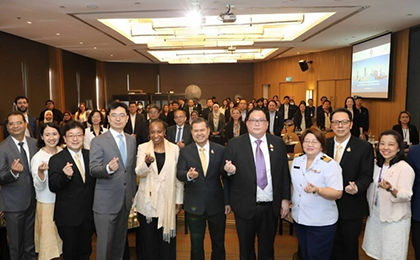

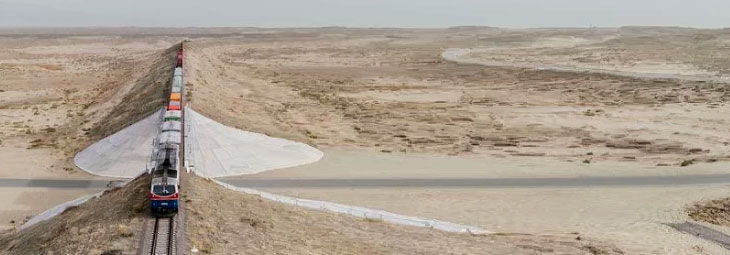
From March 8th to 12th, 2025, Professor Wang Xingping from the School of Architecture of Southeast University, member of the CAST UN Consultative Committee on Sustainable City, Community and Heritage(CCSC), was invited by the United Nations Industrial Development Organization (UNIDO) to attend the "Regional Capacity Building Workshop on Climate Resilient and Smart Industrial Parks" in Bangkok, Thailand, and carry out a series of international exchange activities.
This workshop was jointly organized by the Regional Coordination Bureau for Asia and the Pacific, UNIDO and the Industrial Estate Authority of Thailand(IEAT). It brought together UNIDO technical experts, officials from the Ministry of Industry of Thailand, as well as scholars from think tanks, representatives from government departments, and developers and operators of industrial parks from various countries in the Asia-Pacific region, including China, Malaysia, Indonesia, and the Philippines. As a specially invited expert, Prof. Wang Xingping delivered a keynote speech titled "Global Trends and Regional Impacts: Climate Change and Industrial Parks in Southeast Asia" at the opening ceremony on the morning of March 10th. He systematically expounded on the climate adaptation framework and green transformation path for industrial parks in Southeast Asia, and shared China's solutions in the low-carbon and circular transformation and intelligent upgrading of industrial parks. He also engaged in in-depth discussions with participants from various countries on the topic of regional industrial coordinated development.
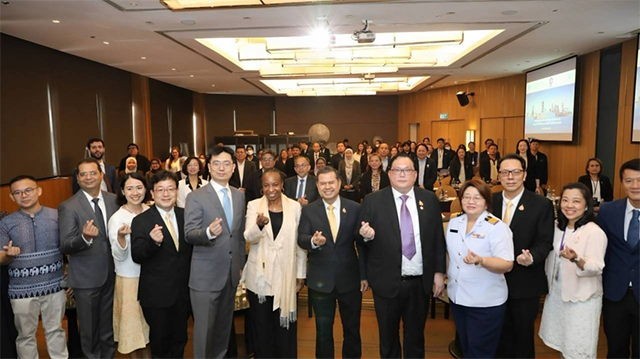
Figure 1: The venue of the UNIDO workshop
On the afternoon of March 11, 2025, Prof. Wang's team deeply participated in the "Seminar on Sustainable Urbanization: Future Urban Transformation and Innovative Development Driven by Industrial Parks in Thailand and China". This seminar was initiated by Chulalongkorn University in Thailand, with the International Cooperation Research Center for Sustainable Industrial Park Development and Planning of Southeast University and the Foreign Cooperation Professional Committee of Jiangsu Provincial Macroeconomic Society as the Chinese joint academic support units. The seminar focused on the new urbanization path led by industrial parks. Prof. Wang, along with his team members, PhD candidate Yuan Xinguo, Xu Jing, and graduate student Sun Keyi, collaborated with the operation director of the AMATA Group's Laos park and experts from the School of Architecture of Chulalongkorn University to conduct in-depth discussions and give special reports on topics such as the green transformation and renewal of industrial parks, the development and planning of Thai parks, Chinese rural planning, and future cities.
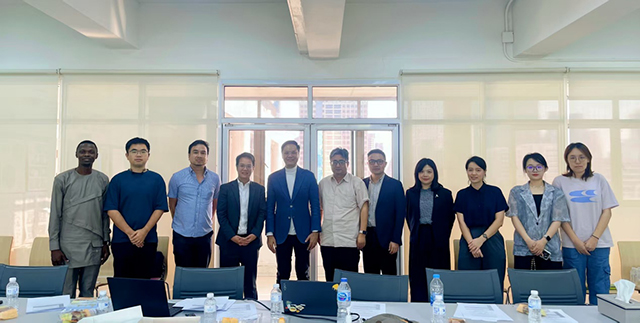
Figure 2 Group of the patticipants of the seminar
During the academic exchange, Prof.Wang's team conducted a focused special investigation on industrial parks. They visited institutions such as the Jiangsu Chamber of Commerce in Thailand, the China Council for the Promotion of International Trade Representative Office in Thailand, and the Zhongyifeng Construction Group Thailand Project Department. They also conducted on-site inspections of the AMATA Chonburi Industrial Park and the Sino-Thailand Rayong Industrial Park. The team investigated the layout of industrial projects in the parks and the construction of supporting functional areas, and had in-depth exchanges with Chinese employees in the parks. Through systematic research, they gained an understanding of the new trends in the distribution of Chinese investment in Thailand, the latest progress in the planning and construction of the parks, and practical achievements in the field of construction engineering.
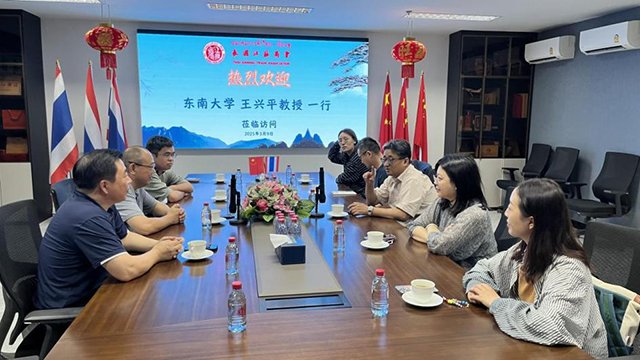
Figure 3 The team visited the Jiangsu Chamber of Commerce in Thailand
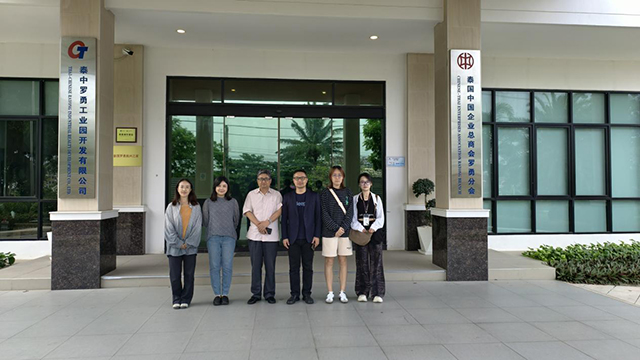
Figure 4: Team members taking a group photo at the Management Committee of the Rayong Industrial Zone
On the occasion of the 50th anniversary of the establishment of diplomatic relations between China and Thailand, Prof. Wang Xingping's team, through the international policy dialogue of the UNIDO Asia-Pacific Capacity Building Platform, the bilateral academic cooperation mechanism with Chulalongkorn University, and the empirical research on the front line of Chinese-funded parks, systematically integrated the discussions of international organizations, theoretical explorations of top universities in ASEAN, and the exchange of experiences in cross-border park construction. This has not only enriched China's academic discourse on participating in global industrial spatial governance but also laid a solid foundation for deepening China-ASEAN industrial capacity cooperation through the integration of industry and education. It also provided multi-dimensional support for subsequent policy consultation on the development of "Belt and Road" industrial parks, mutual recognition of technical standards, and the cultivation of compound talents under the framework of CCSC.
Source: Southeast University
https://mp.weixin.qq.com/s/PV3n_jRflchKiAqDjxCbbQ
Editor & Translator: Zhao Shengbo